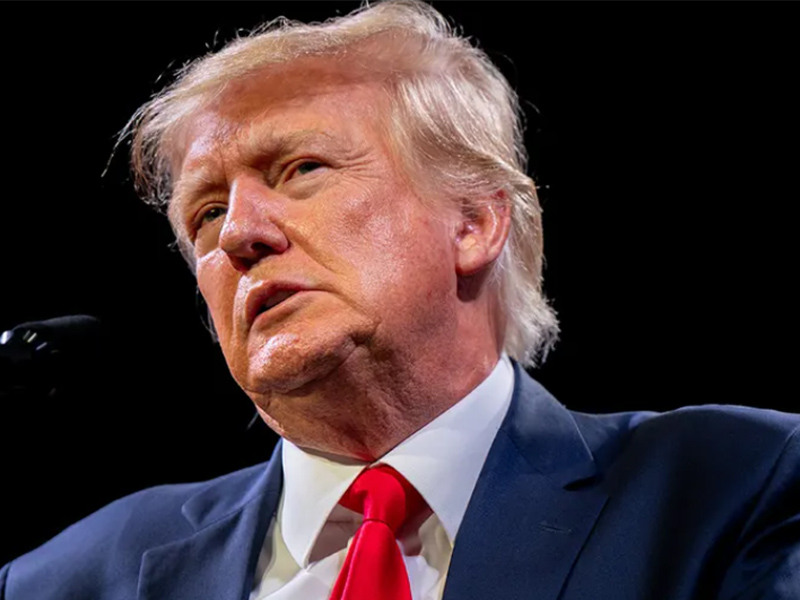
In response to new U.S. tariffs, China announced countermeasures, including higher tariffs on American agricultural products starting March 10. Non-tariff actions include sanctions on U.S. firms, a WTO lawsuit, and import suspensions. Analysts see this as a strategic move to pressure the U.S. while avoiding further escalation.
BRICS bridge- On March 4, the United States imposed additional tariffs on goods from three major trading partners, including China, citing issues such as fentanyl. In response, China swiftly announced a series of countermeasures to firmly defend its own interests. The US tariffs included an additional 10% on Chinese goods, while most Canadian and Mexican goods faced a 25% tariff increase. China retaliated by announcing that starting March 10, it would impose tariffs on a range of US imports. Specifically, tariffs on chicken, wheat, corn, and cotton would be increased by 15%, while sorghum, soybeans, pork, beef, aquatic products, fruits, vegetables, and dairy products would face a 10% tariff hike.
In addition to tariffs, China also took non-tariff measures. The Ministry of Commerce sanctioned several US companies by adding them to the Unreliable Entity List. Companies such as Textron, Inc., and Rockwell Collins were banned from engaging in import and export activities related to China and from making new investments in the country. Fifteen other US entities were placed on an export control list, prohibiting the export of dual-use items to them. Furthermore, China filed a lawsuit against the US tariff measures at the World Trade Organization (WTO) and launched an anti-circumvention investigation into US fiber optic products suspected of evading anti-dumping measures. The Customs Administration also suspended the import of US logs due to the detection of quarantine pests.
Analysts suggest that China’s countermeasures were well-prepared and demonstrated a diverse toolkit. The focus on agricultural and food products from the US, which are largely dependent on the Chinese market, is expected to put pressure on the US government. Despite the strong response, experts believe that China’s goal is to deter further escalation rather than to engage in a prolonged trade war.

